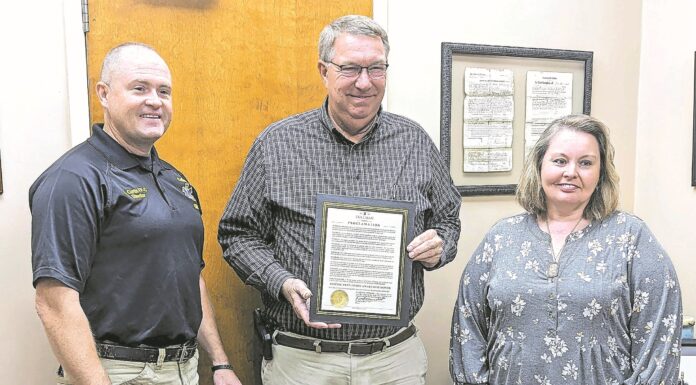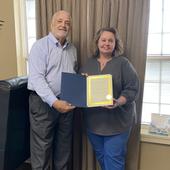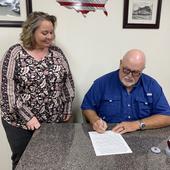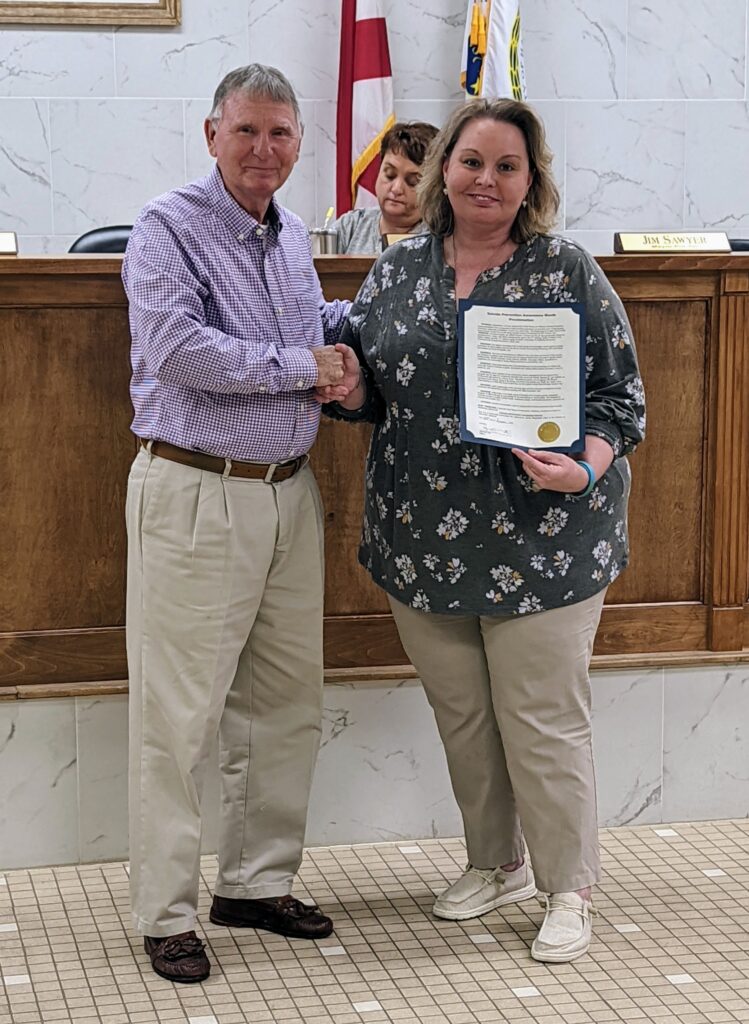
CULLMAN, Ala. – September is Suicide Prevention Awareness Month, and many municipalities in the area, including Cullman, Cullman County, Good Hope, Hanceville, Garden City and Arab, have signed proclamations to that effect.

The proclamations state, in part, that each municipality is “no different than any other community, but we publicly commend and support our local educators, mental health professionals, athletic coaches, police officers, parents and many others who partner to support our community by simply being available to one another.”

According to the American Foundation of Suicide Prevention (AFSP), 1.2 million suicide attempts occurred in 2020 and 45,979 sufferers died by suicide the same year in the U.S., making suicide the 12th leading cause of death nationwide.
In Alabama, suicide is the 13th leading cause of death among all populations but the third leading cause of death in ages 10-24 and ages 25-34. Among 35-44 year olds, it is the fourth leading cause of death. Suicide by firearms account for 68% of the statewide rates.

To combat those rates, Cook Ministries has started a new HELLO campaign. Cullman EMS Director James Curtis explained, “The premise is that sometimes it just takes one word to change somebody’s day and keep them from going down a path they don’t need to be on.”
Cook Ministries assesses the needs of a person in mental health crisis and provides referrals deemed appropriate by those assessments.
Last month, a nationwide three-digit mental health hotline went into service. The 988 Suicide and Crisis Lifeline is staffed by trained crisis specialists qualified to provide “assessment, stabilization, referral and follow-up for individuals at high risk for suicide and/or poor mental health outcomes. If a higher level of care is needed, the crisis specialist will work with the caller to connect them to a mobile crisis response team to respond to the person in the community, inform them of the nearest crisis center or relay the call to emergency responders, if needed,” according to the Alabama Department of Mental Health.

The AFSP notes that the brain centers of decision-making and impulse control are linked to suicide, disabling the sufferer from finding positive choices, and 90% of suicide victims suffer an underlying mental health disorder. Many of those disorders are treatable with cognitive behavior therapy, dialectical behavior therapy and/or antidepressant or mood stabilizing medications. Additionally, “No one takes their life for a single reason. Life stresses combined with known risk factors, such as childhood trauma, substance use — or even chronic physical pain — can contribute to someone taking their life.”
The AFSP teaches that it is acceptable and even preferable to ask someone if they are contemplating suicide instead of being fearful of “putting the idea in their head.” Suicide rates decrease when the possible methods of self-harm are limited or eliminated. It says 85-95% of those who have attempted suicide go on to seek help and participate in life again given the proper support.
For more information on Cook Ministries, visit www.cook-ministries.com. For more information on AFSP, visit www.afsp.org or call or text 988.
Copyright 2022 Humble Roots, LLC. All Rights Reserved.


















